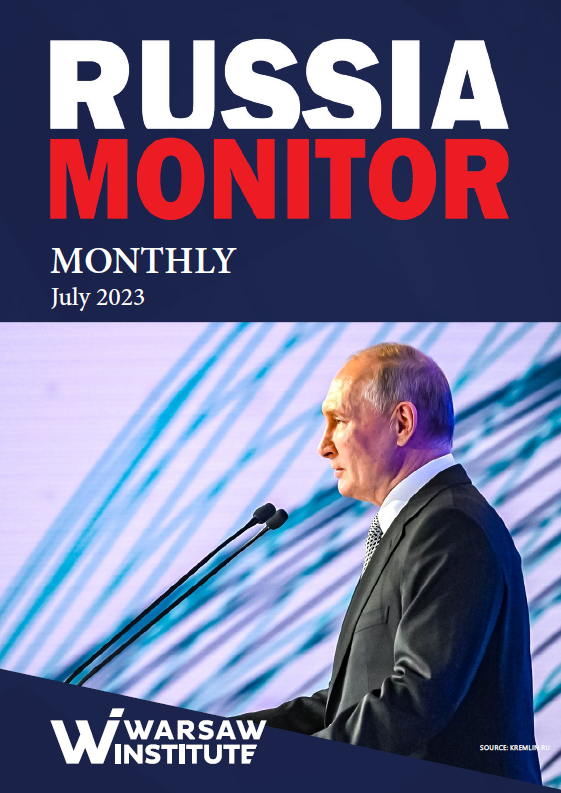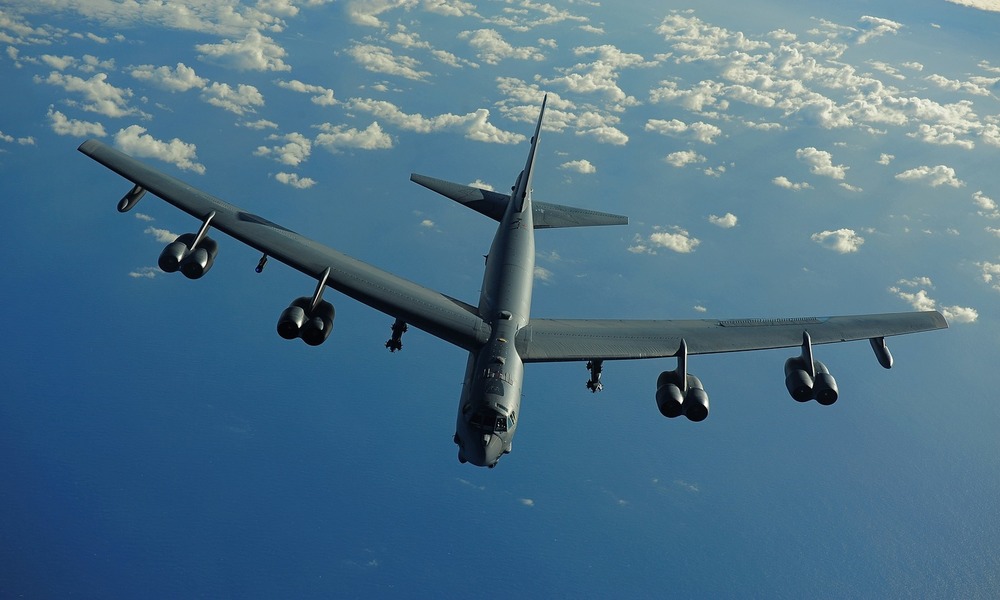
U.S. Stratofortress Jets Perform a Simulated Attack on Russia’s Fleet
U.S. Air Force B-52 bomber jets have recently arrived in Europe, at least a pair of which approached the Baltic Sea region while flying from its home base in Louisiana to the British base in Fairford. They first appeared in the region in 2017, with one of B-52 Stratofortress aircraft performing a simulated attack on military facilities in the Russian region of Kaliningrad.

Russian Parliament Gives Nod to Controversial Censorship Legislation
A controversial law adopted recently in Russia is a milestone step towards restricting freedom of speech in the country. This is yet another evidence of the Kremlin’s ever-tightening course in the state’s domestic policy, confirming that the authorities no longer count on restoring social trust by financial means that proved effective in the past.
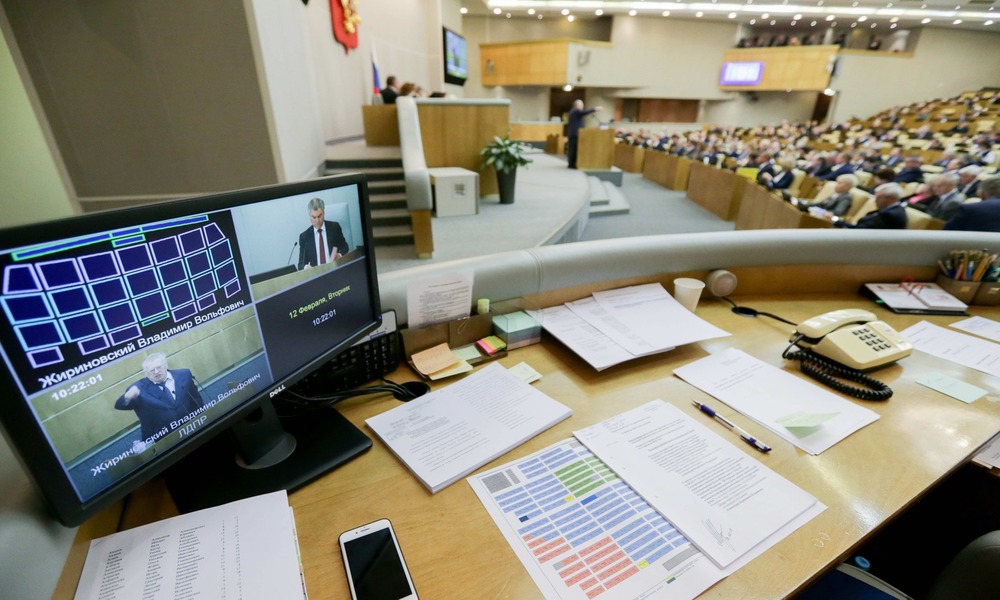
Russia Plans to Cut Itself Off From the Global Internet
A gradual loss in popularity incited the Russian authorities to tighten control over the Internet. In fact, it is not about increasing Russia’s censorship activities but disconnecting the Russian internet segment, also referred to as Runet, from the World Wide Web. The Russian army is simultaneously conducting works on designing a type of Runet that will be both fully controlled by the regime and isolated from the rest of the world.
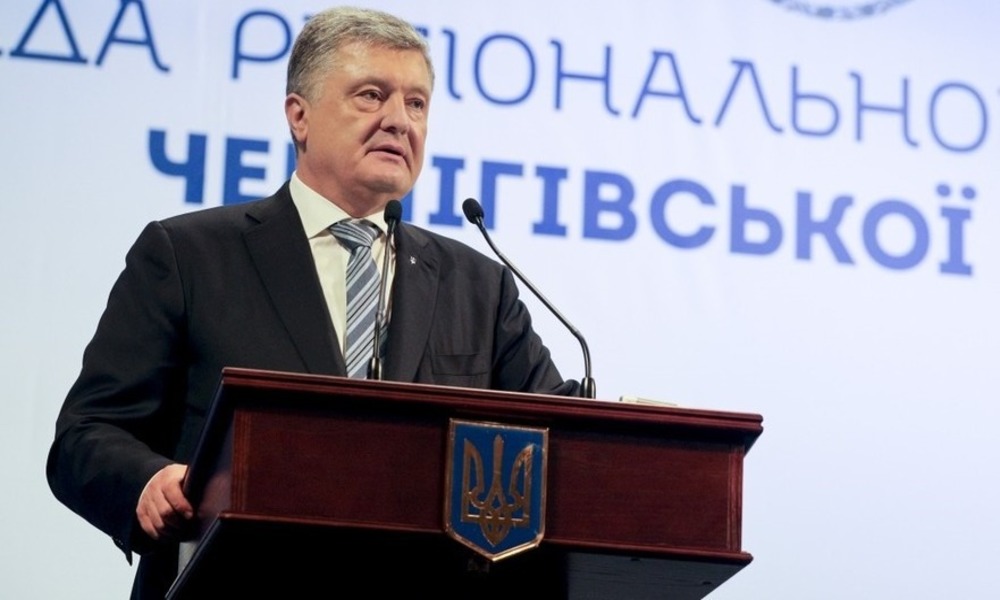
Poroshenko and Tymoshenko’s War – Zelensky Benefits
Three weeks before the first round of presidential elections in Ukraine, the first, stable position in polls is occupied by a comedian and TV producer Volodymyr Zelensky. Yulia Tymoshenko recouped her losses, beating Petro Poroshenko in polls again. The struggle between the current president and the former PM is intensifying.
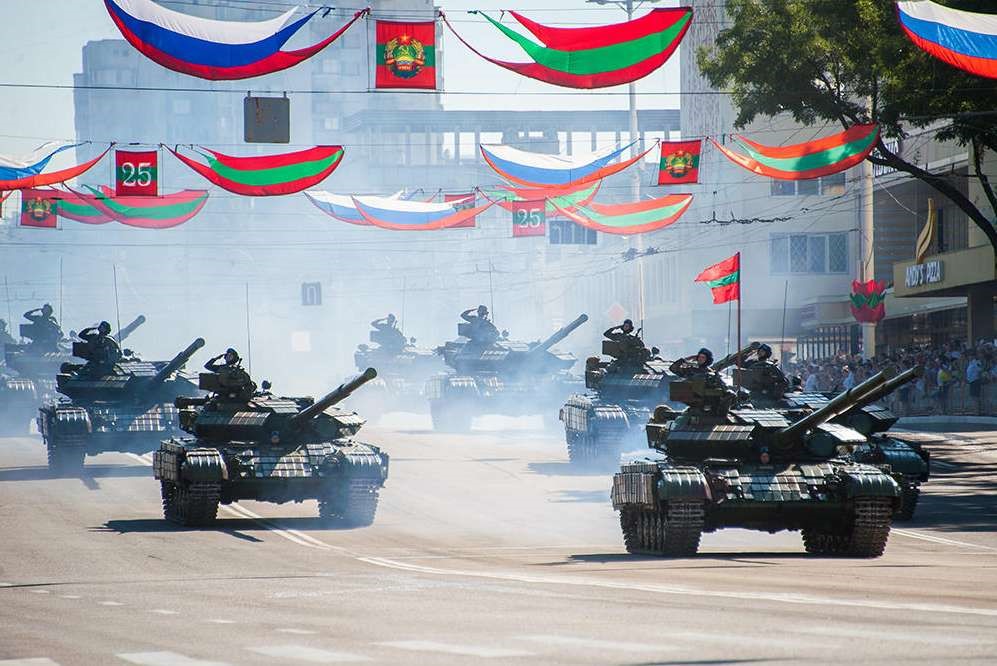
Post-Soviet Frozen Conflicts: A Challenge for European Security
Frozen conflicts occur in regions of the countries that are no longer controlled by the central authorities. Such zones remain under the jurisdiction of separatists who conduct a peace dialogue with state officials in a bid to empower their own governments.
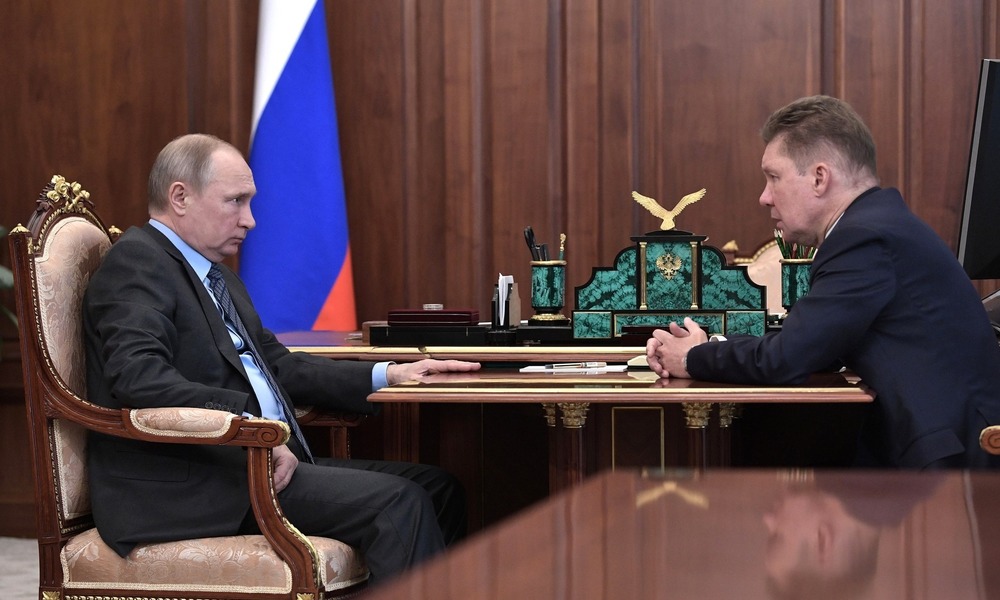
Gazprom Faces Sharp Decline in Gas Exports
As reported, Russian state-run gas giant Gazprom may find it difficult to realize its 2019 budget, which is due to lower gas prices than initially anticipated by the Russian firm. To make matters worse, sales of Russian-sourced energy have recently slumped while export figures, which began to drop sharply in the autumn of 2018, keep reflecting downward tendency.
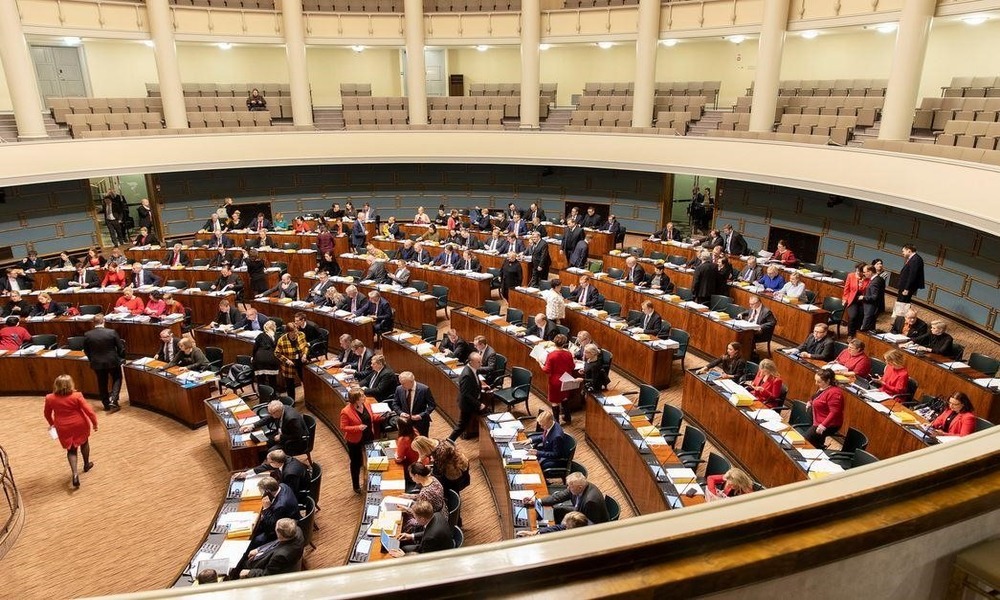
Finnish Security Services Granted Broader Powers
The Finnish Parliament has approved two bills that will expand the surveillance powers of the country’s security services. The draft legislation has been prepared by the government which argues that the adoption of the new bills is necessary in order to increase national security and to effectively fight against terrorism, espionage and the activities of foreign military.
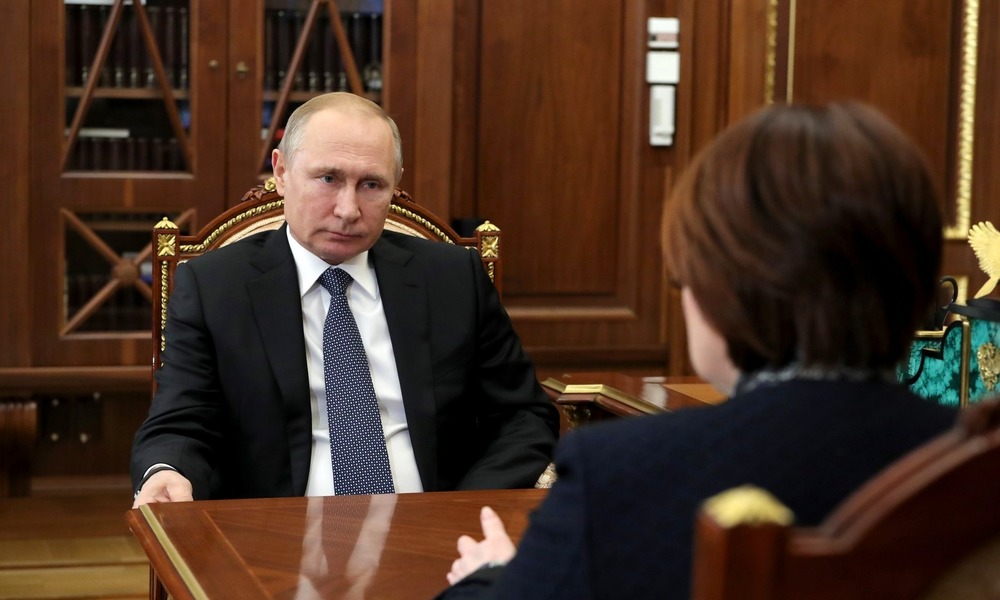
Putin’s Approval Rating Keeps Declining Despite Recent Address
Vladimir Putin’s social promises made in his annual speech to Russia’s Federal Assembly failed to increase the president’s approval ratings. A recent poll carried out after Putin’s State of the Union address showed that popular support for the Russian leader has slumped, which may prompt him to sharpen his domestic and foreign policy.

Baltic Pipe Will Free Poland From Gazprom
Once completed in 2022, a gas link between Poland and Norway will hinder Russia’s Gazprom monopoly on gas supplies, putting an end to a phenomenon that has lasted for several decades.
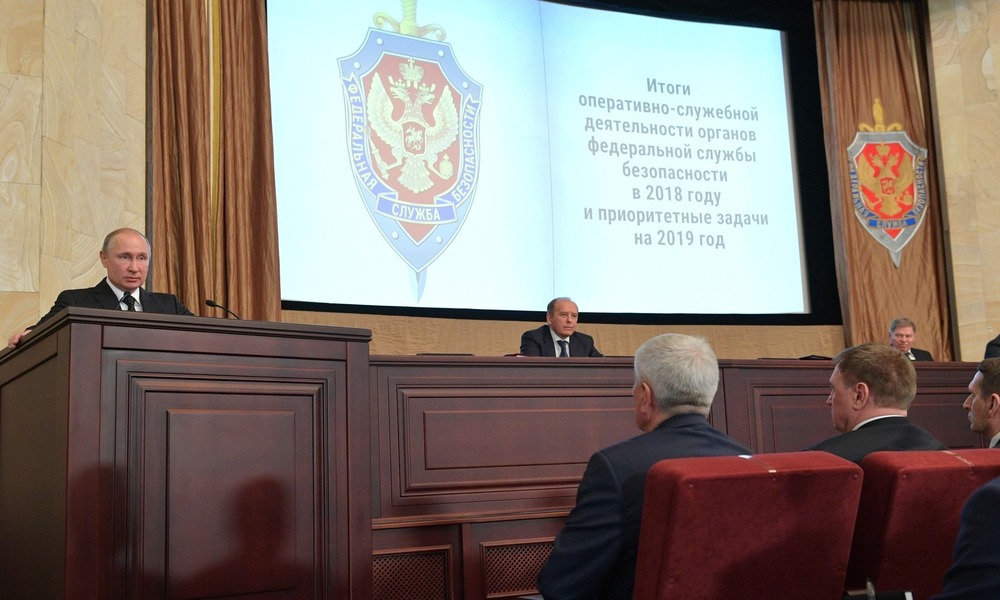
“External Enemy”: Putin Gives New Tasks to FSB
Putin’s address at the Federal Security Service Board meeting confirmed the regime’s eagerness to further sharpen its domestic policy. The president praised Russia’s counterintelligence officers for its effectiveness, warning against antagonistic activities from the outside. Particular attention should be drawn to Putin’s words about a growing number of foreign cyberattacks, which are a blatant example of his response to the West’s renewed accusations of Russian activity in cyberspace.
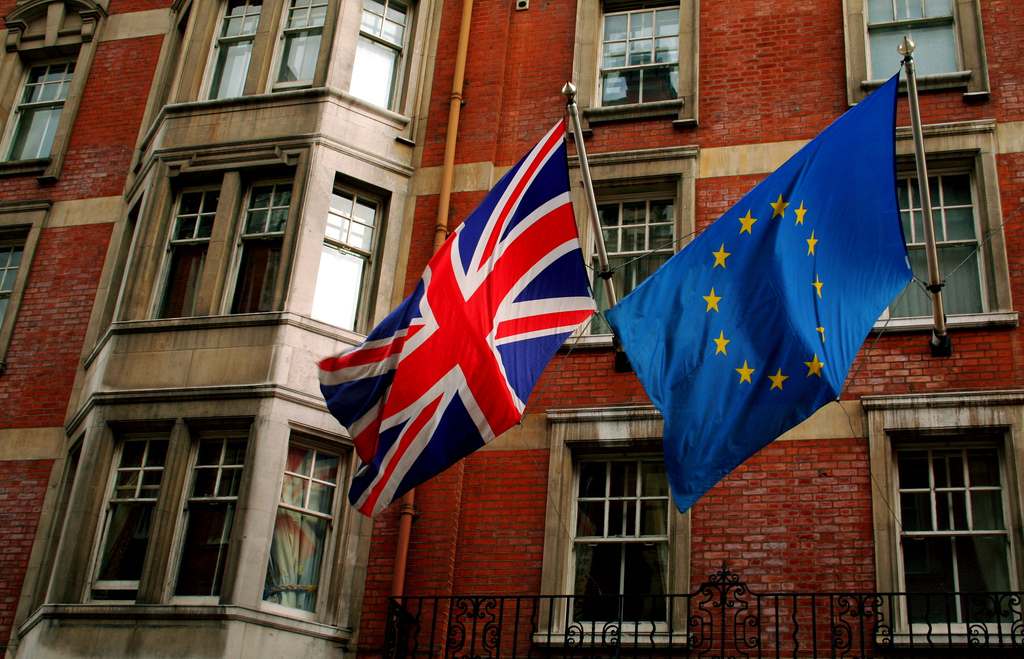
Brexit: A Geopolitical Perspective
Britain’s exit from the European Union, commonly referred to as Brexit, will have far-reaching geopolitical consequences for both the United Kingdom and the entire European community.
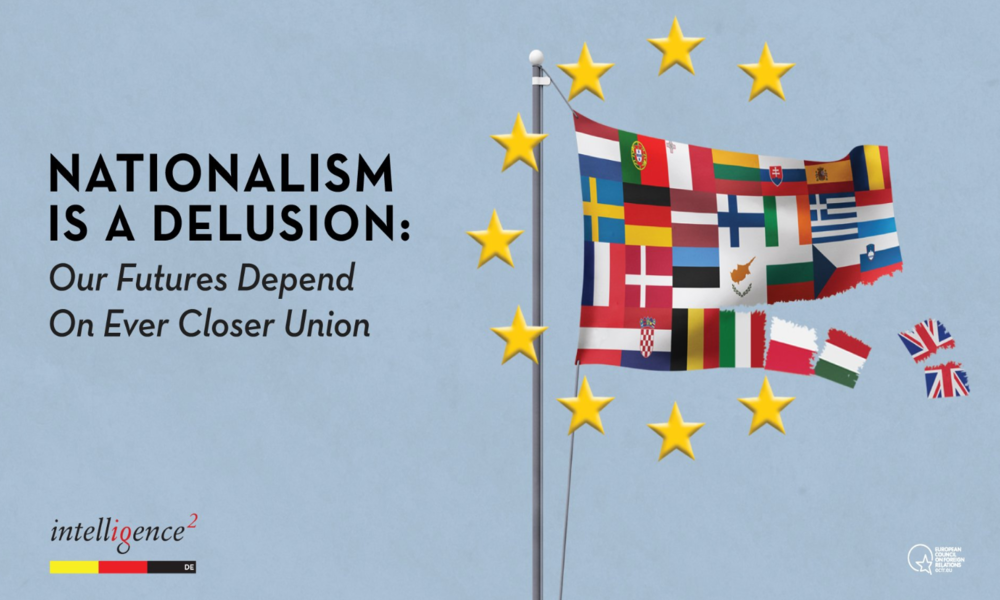
Warsaw Institute’s Expert in “Nationalism is a Delusion” Debate
Aleksandra Rybińska, expert at Warsaw Institute, will take part in dabate “Nationalism is a Delusion: Our Futures Depend on Ever Closer Union” organized by Intelligence Squared Germany and ECFR, alongside with Radosław Sikorski, Flavia Kleiner, Douglas Murray and Josef Janning.
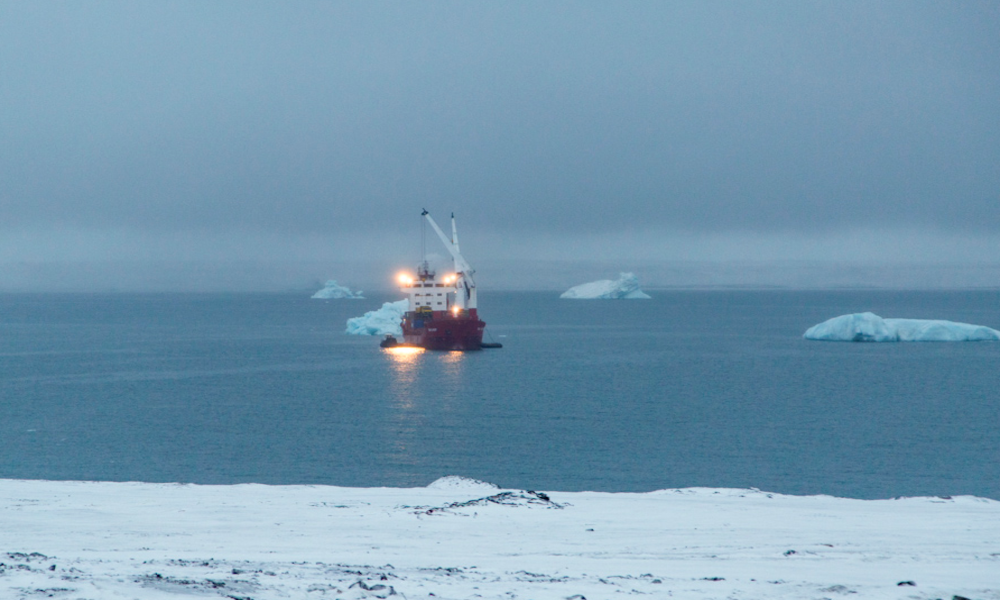
Russian Sailing Restrictions on Northern Sea Route
The Russian authorities have announced its plan to introduce foreign sailing restrictions on the Northern Sea Route. In consequence, Moscow will be de-facto able to impede non-Russian ship passage through its strategically important Arctic sea route in the framework of Russia’s isolation and militarization policy that seeks to embrace the Arctic region in particular.
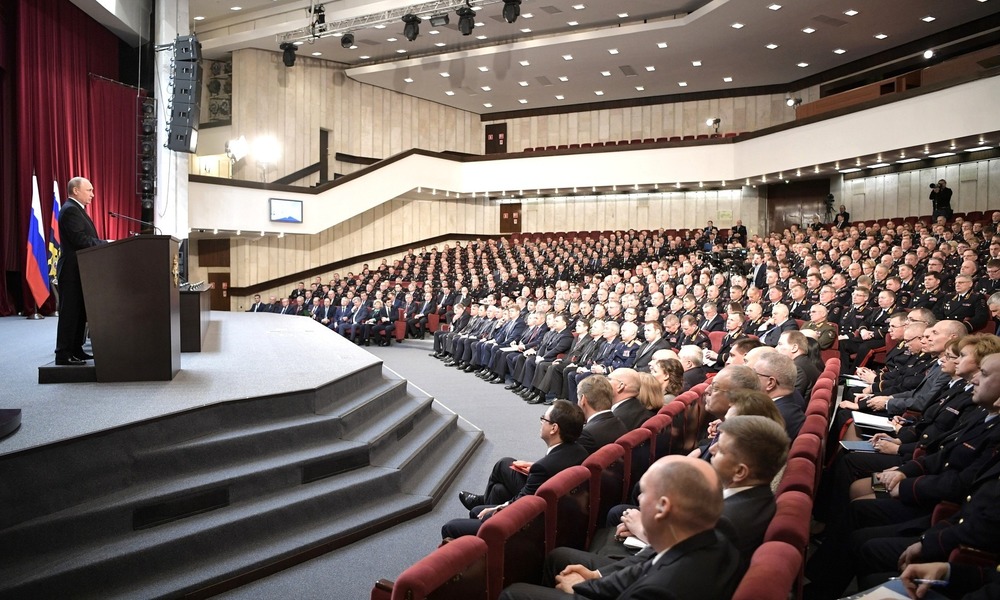
“Internal Enemy”: Putin Gives New Tasks to Interior Ministry
After an annual meeting of the Interior Ministry Board, the Kremlin has lost all hopes to regain popularity by adopting the “carrot approach,” pushing forward more straightforward solutions instead. Russian President urged the Interior Ministry to take a hard line against extremist crimes, taking into account that fulfilling even a part of his promises will trigger no major changes.
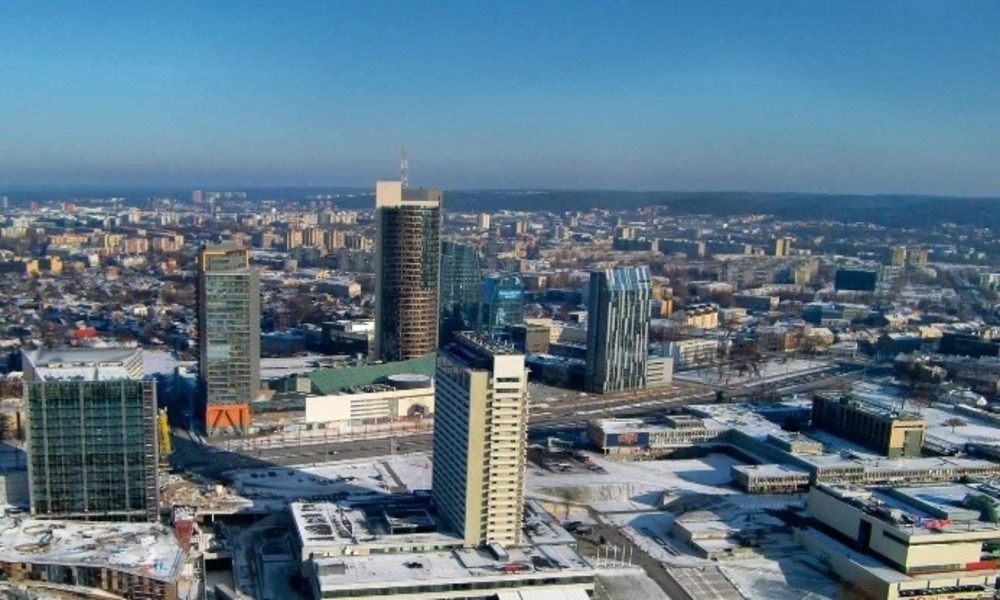
Elections in Lithuania. Parties Lose, Social Committees Benefit
The right-wing opposition won the local elections in Lithuania, narrowly beating two co-ruling groupings at the central level. However, as many as a quarter of votes went to local social committees. The main grouping representing Lithuanian Poles which in part of the country run for elections in coalition with the Russian Alliance has lost.
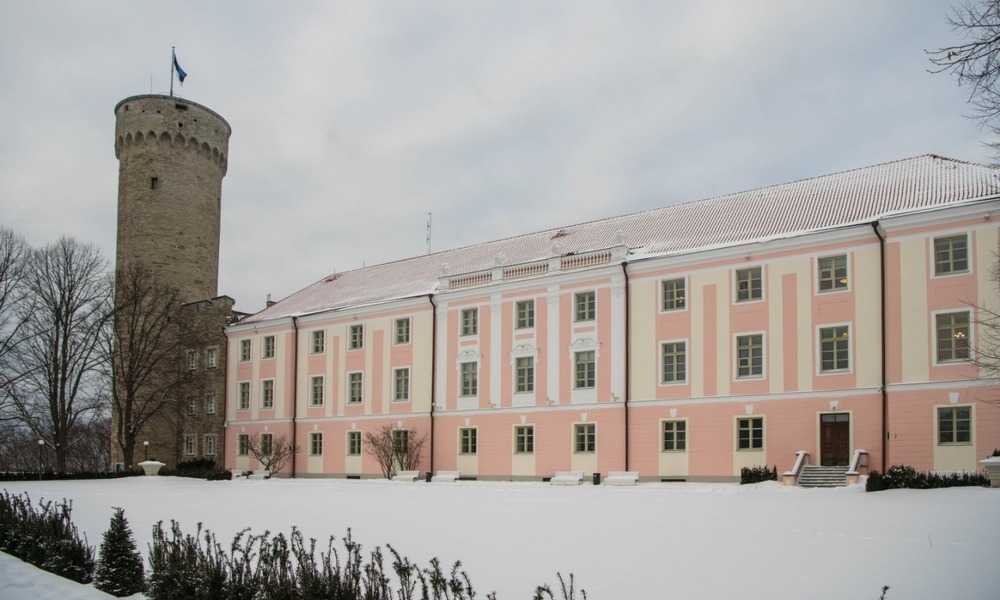
Estonia: Failure of the Party Supported by Russians
It appears that the centre-right Centre Party will not have a PM, and it is possible that it will be even degraded to the opposition. The liberal Reform Party won the parliamentary elections in Estonia. But the eurosceptic EKRE party had the most impressive result. All parties agree that the EU and NATO are the pillars of security and foreign policy of Estonia.
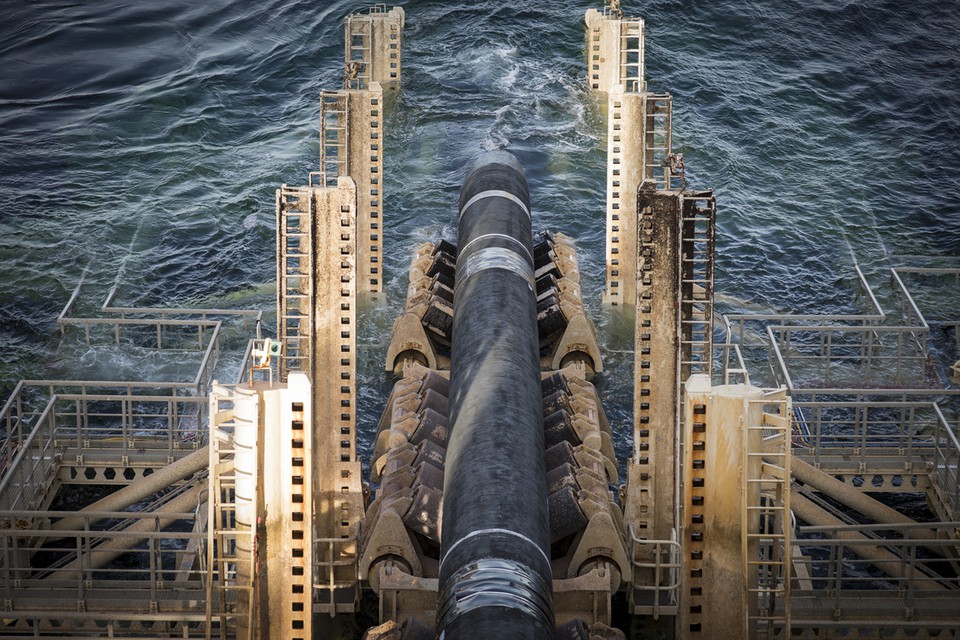
Russian-German Gas Pipeline, U.S. Threats
It seems that the United States will be unable to hinder the Nord Stream 2 gas pipeline project. Highly dangerous for Central Europe and Ukraine, the pipeline is just one of some bargaining chips used in the geopolitical game between the United States on the one hand while Russia and Germany on the other.
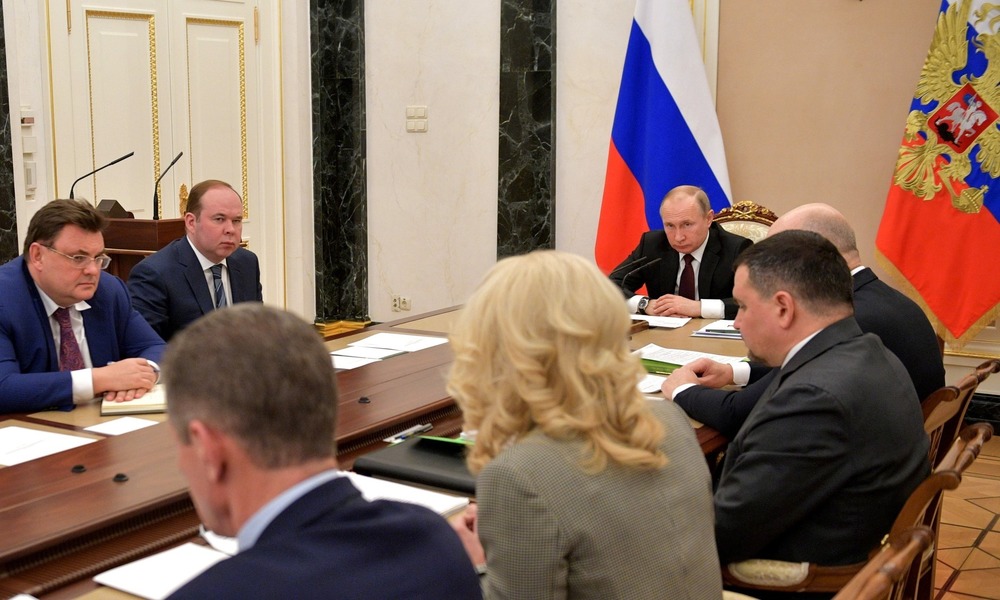
The Cost of Putin’s Social Promises
Vladimir Putin’s presidential address to Russia’s Federal Assembly paved his way to make social promises intended to improve the standard of living in the country. This came as a consequence of the falling approval ratings attributed to unpopular decisions to raise pension age and increase the value-added tax rate, both of which transformed into a permanent tendency.
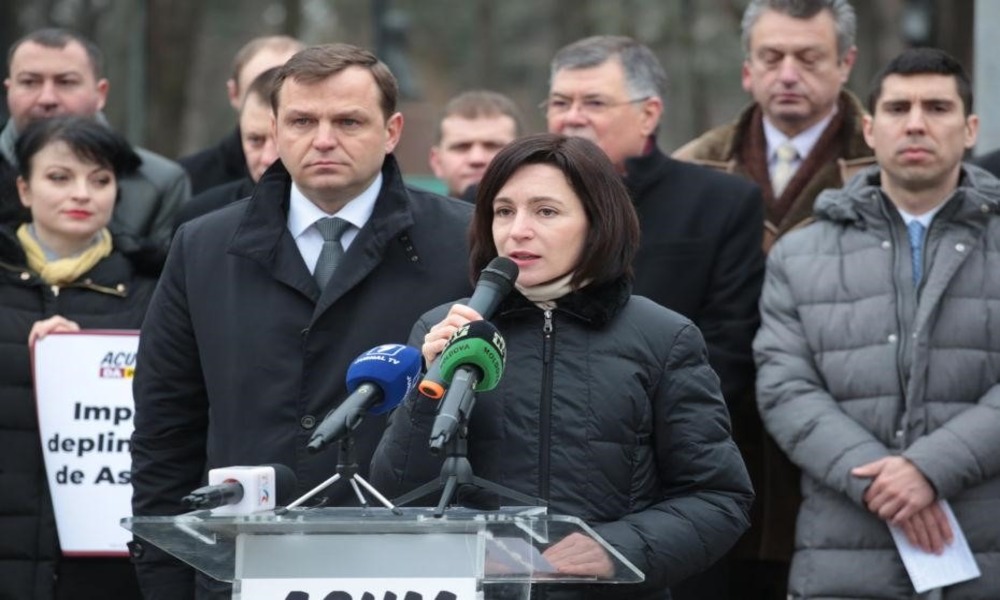
ACUM Calls For The Rejection of Votes From Transnistrian Commissions
The representatives of the ACUM party questioned the results of the Sunday elections due to the fact that part of the votes was cast in Transnistria, an area uncontrolled by the Moldovan administration. According to the co-leader of the ACUM party, Maia Sandu, the votes cast in the elections in districts located in Transnistria should be annulled by the Constitutional Court.

Elections in Estonia: The Left And Liberals Among Favourites
On Sunday, March 3, parliamentary elections will be held in Estonia. All indications suggest that Prime Minister Jüri Ratas from the Centre Party, which, as a matter of fact, has the highest ratings in opinion polls, will stay in power. It is highly probable that after the elections the party will enter into a coalition with the current largest opposition party, the Reform Party.

